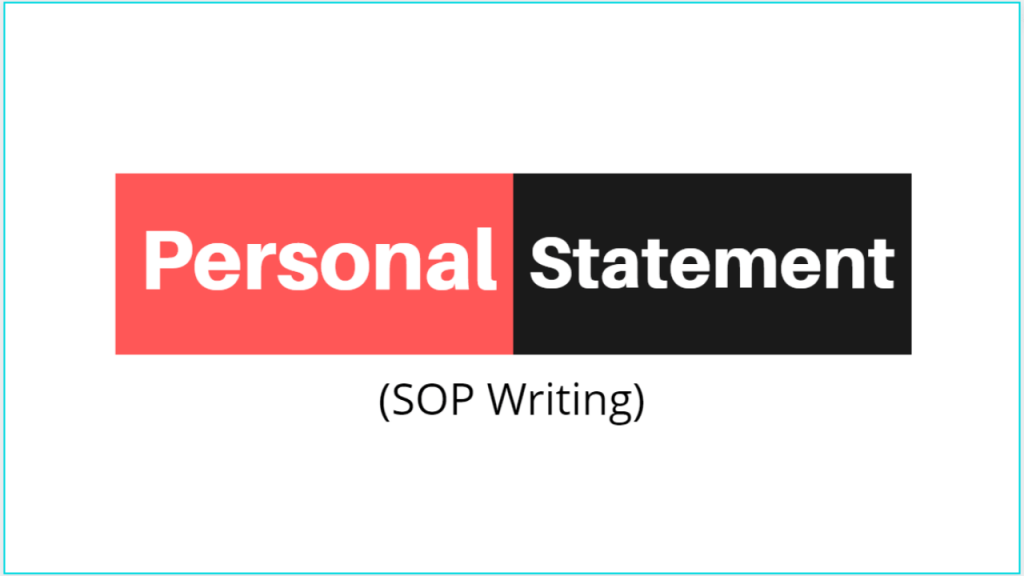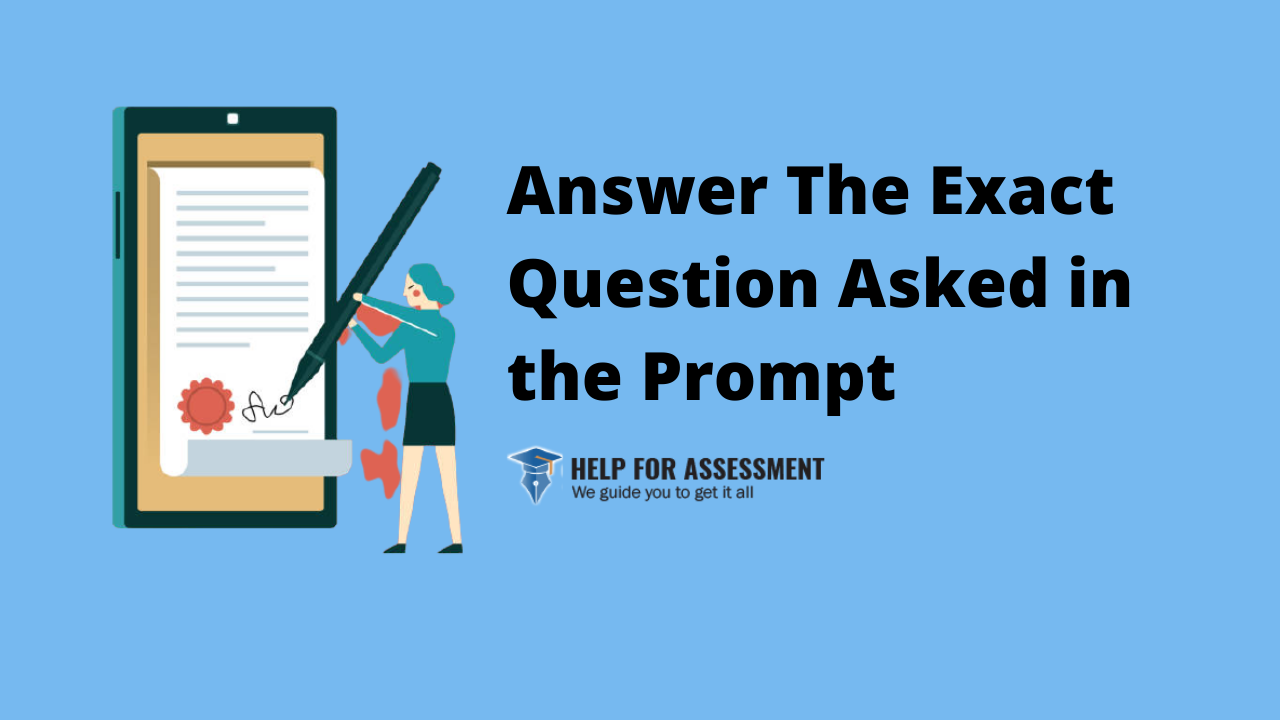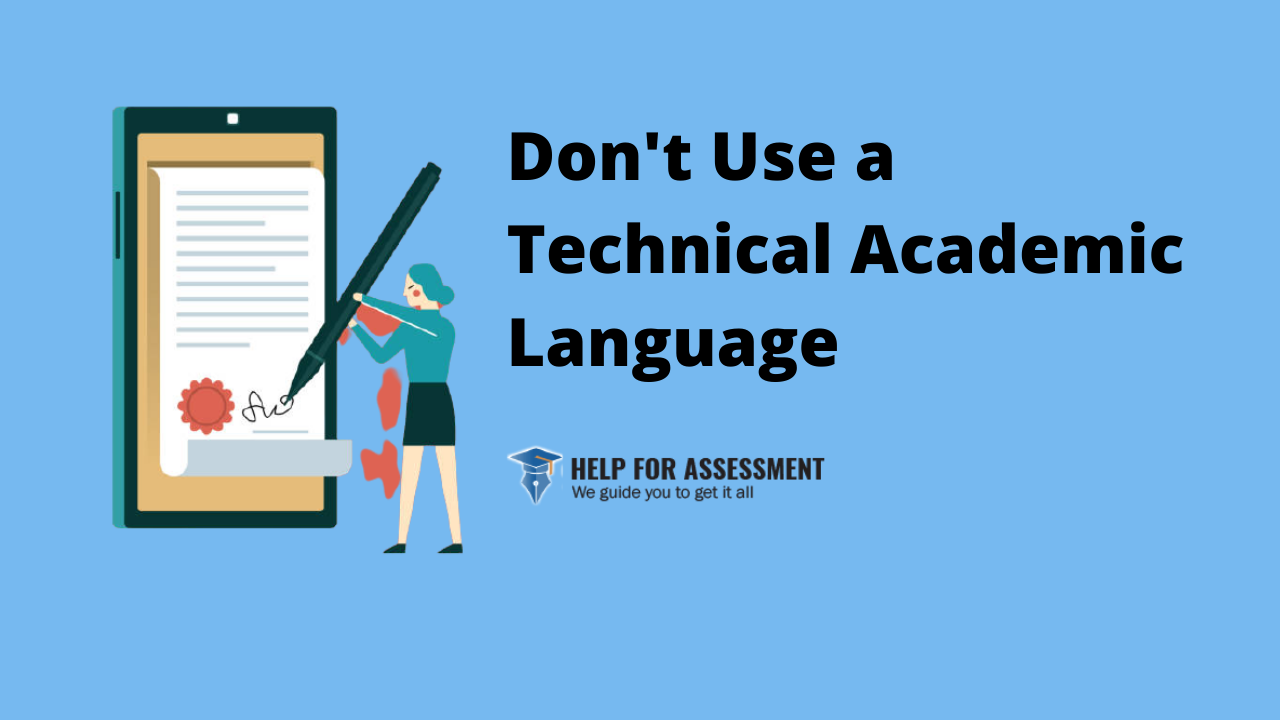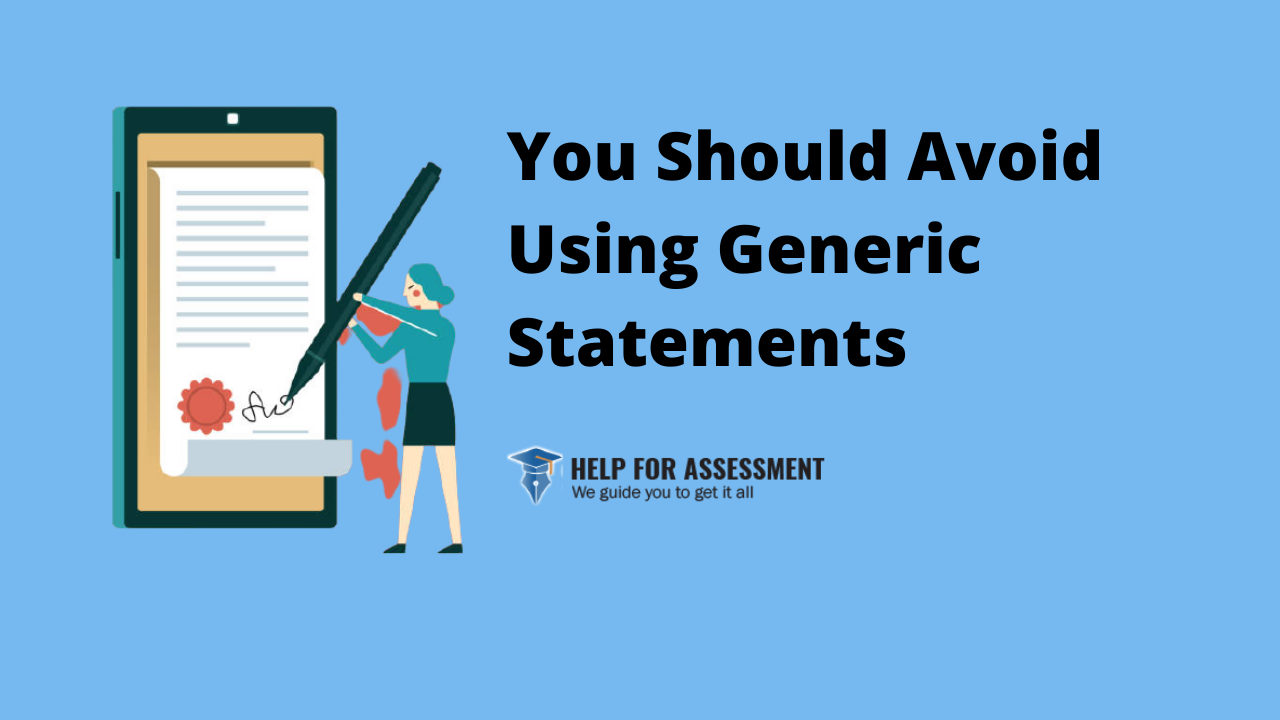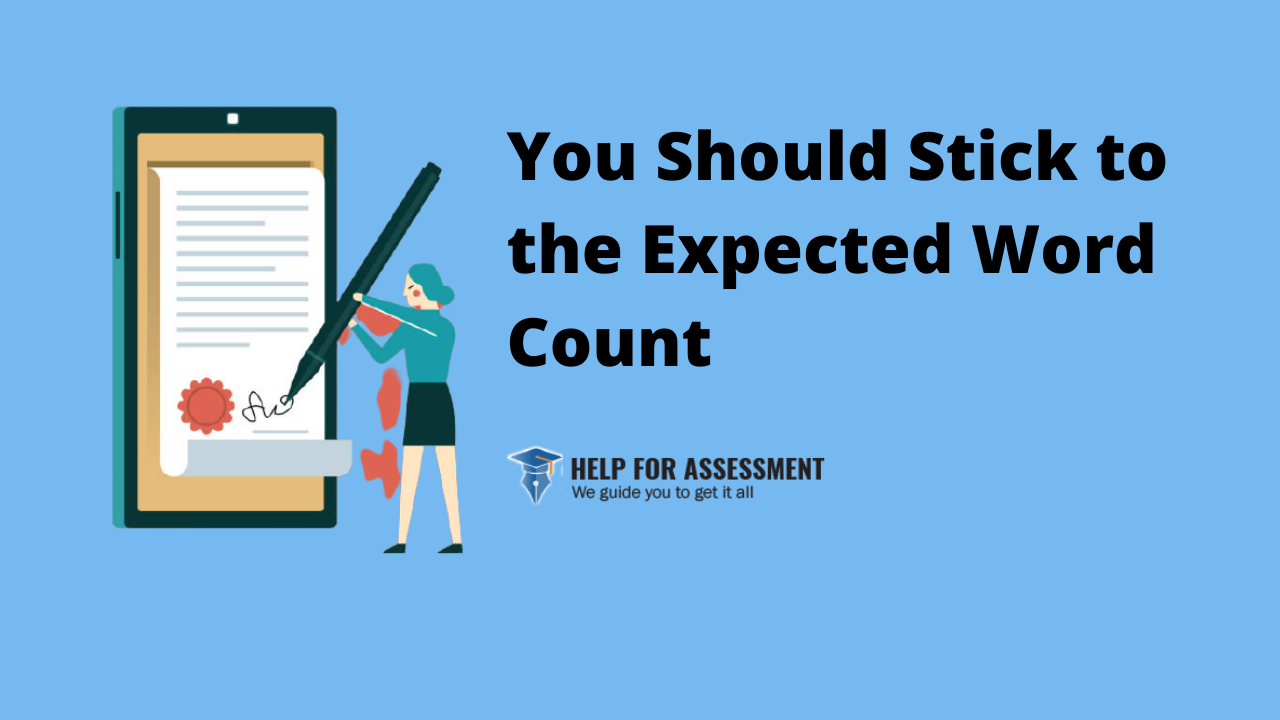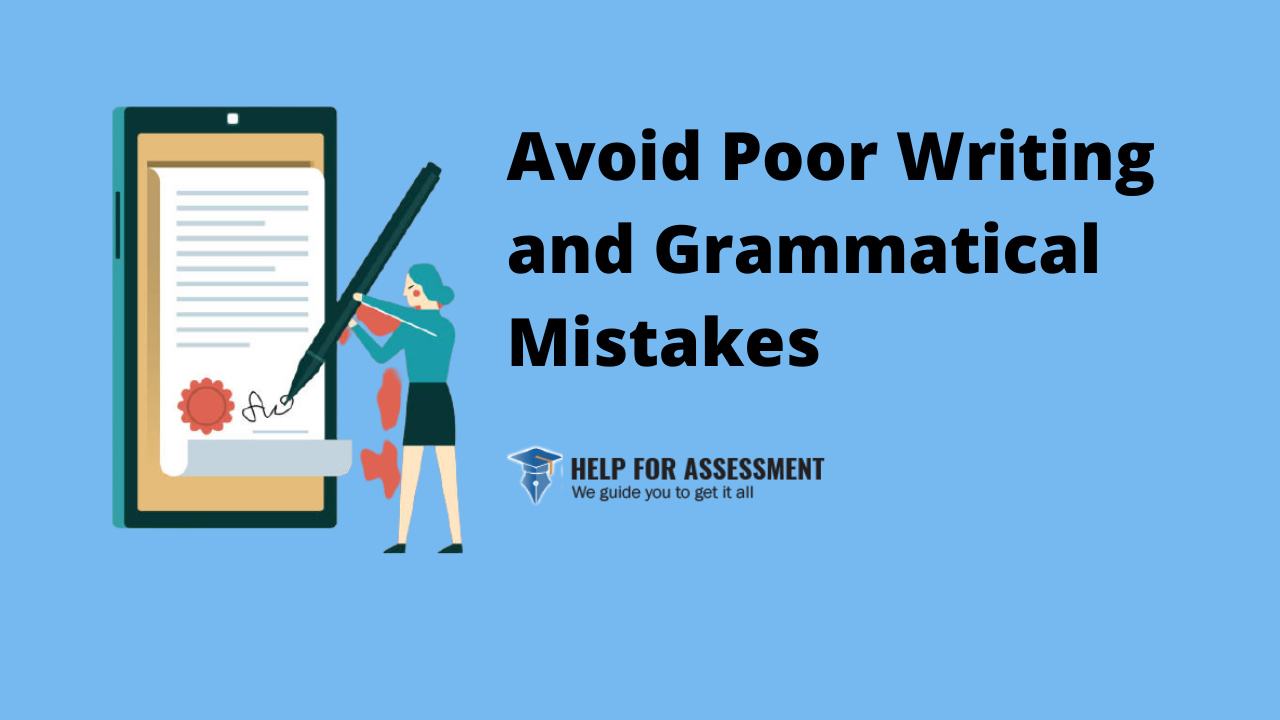Nothing hurts more than a rejected college application, especially if the reason is that your personal statement wasn’t up to the standard that an admissions board expected.
Sure, a personal statement requires you to tell a story about yourself and answer important questions about the program you’d like to apply to.
But completing this paper requires more than just your ability to meet the expected word count.
You need to know how to write a personal statement to get this assignment right. Still, it doesn’t actually end there. You also need to know the kind of mistakes to avoid if you want your personal statement to get an approval from the admissions team.
In the following section, we’ll highlight some of the most common mistakes that shouldn’t appear in a personal statement. If you notice any of these mistakes appearing in your write up, go back and fix them before submitting your application.
Common Mistakes to Avoid When Writing a Personal Statement
1. Failing to Answer the Question Asked
When you first read the definition of a personal statement, the description may sound like this is a more open-ended assignment.
While it’s more about telling an admissions panel about yourself so that they get to know you better to determine if you are fit for the program, it doesn’t mean you can write whatever you like.
More often than not, the panel will give questions that they would like answered in a personal statement.
The worst mistake you can make is to answer your own version of the question.
A right approach to getting the personal statement right is to read the questions asked alongside the requirements of the work. This will enable you to understand what the panel expects.
But how do you know you have answered all the questions correctly? It’s simple. Ask someone else to read the essay and give his or her neutral view.
Also Read: How to Write a Personal Statement
2. Using a Technical Academic Language to Look Showy Instead of Being Clear and Relevant
There is nothing worse in writing a personal statement than dressing it up with complex words and phrases. If the statement requires an admissions committee to have cups of coffee and dictionaries on the table, then it’s already a big fail.
To be clear, there is nothing wrong with knowing a dense language, but what’s the point of merging it into your writing if the target reader won’t understand the message you intend to communicate?
Instead of adding complex and showy verbs, adverbs, adjectives, quotes, and vocabularies, dress your statement with a simple language that even a grade 6 student can read and understand.
Don’t worry; using a simple language won’t make you look too foolish to apply for a college diploma or university degree. On the contrary, it proves that you care more about being clear and precise with your application.
3. Using Generic Statements
A personal statement that features generic phrases can be very boring to read. Not only do they show your lack of disinterest in an application, they also fail to convince an admissions board that you’re a perfect candidate to consider.
When it comes to writing a personal statement, you have zero room for vagueness. So you can’t take your chances.
Remember that in this writing, every sentence count. To stand out from many other applicants, back every statement with your real life experiences as well as examples.
Re-read your personal statement and highlight vague words and phrases, and then improve them. Show how and why an event or experience is important to use instead of just stating it.
Also Read: Personal Statement vs Statement of Purpose
4. Writing More Words than Expected
Writing too much doesn’t mean you’ll stand out from the crowd. It’s the quality of the information that you provide that will matter at the end of the day.
To be clear, an admissions board may give you a word count to work with as you write your personal statement. In some cases, they won’t. Whether they give you a word limit for the essay or not, you shouldn’t write less than 500 words or more than 700 words.
In other words, a good personal statement should be between 500 and 700 words long.
Sure, you may have many good things to say about yourself and thus fall for the temptation of making the document longer. But if you’re honest with yourself, some of your points will be stronger than others are. So it’s best to include only the strongest statements to establish a good connection with the admissions panel while sticking to the suggested word count.
5. Poor Writing and Grammatical Errors
This is one of the personal statement mistakes that students make.
Your writing has to be up to the standard from the first sentence to the last. So you can’t compromise on your writing skills for any reason whatsoever.
From vocabulary and choice of words to grammar use and sentence structure, your writing skills must be up to the best standard if your personal statement must win the attention of an admissions panel.
As soon as you complete writing your personal statement, go back to the very beginning of the paper and proofread your work thoroughly. Identify words and phrases that neither add meaning nor make sense and delete them from the statement.
If it helps, get a friend or a family member and let them read your statement and give you their opinion. The advantage is that they will read the statement and give you their perspective. You can then go a step further and use their suggestions to improve the quality of your personal statement.
Let Help for Assessment Write Your Personal Statement
While writing a good personal statement isn’t impossible, it can be challenging. If you have no idea how to approach the project, chances are you may more than likely write a low quality personal statement.
But you don’t have to risk your chances of being accepted. Simply reach out to us and we’ll help you write a personal statement that will get you noticed by an admissions board.
Our team of writers and editors has what it takes to write the best in-class personal statement for you.

